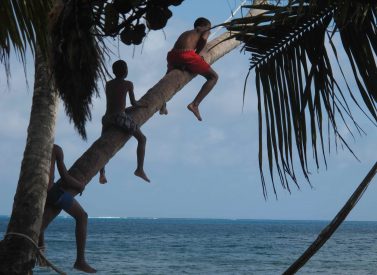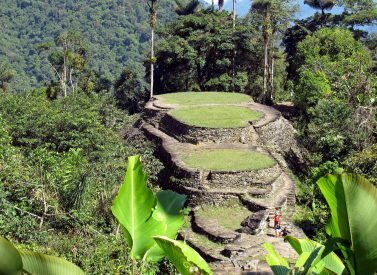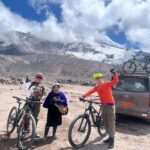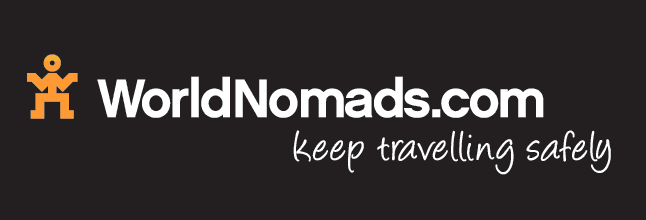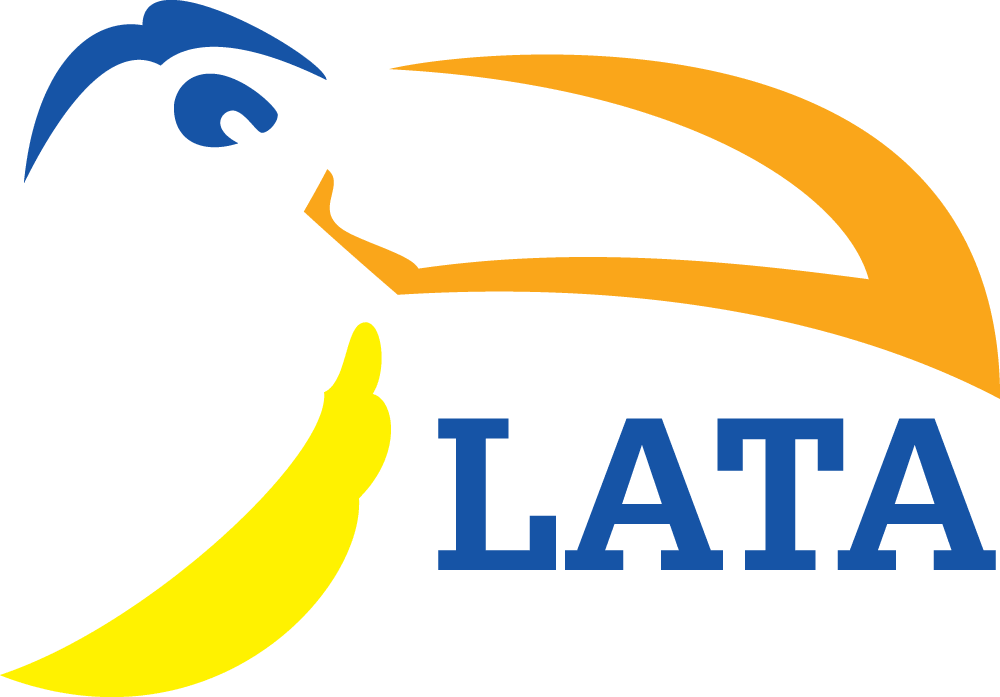
Colombia’s Tayrona National Park Tour
Tayrona National Park in Colombia is paradise, beautiful beaches and scenery.
Tayrona National park is just a short drive from from the colonial city of Santa Marta, so easy to get to for a few days of well deserved rest and relaxation.
The park is right at the edge of the Sierra Nevada de Santa Marta mountain range, which is one of the highest coastal mountain ranges in the world.
You can wander along the amazing beaches, and search for wildlife in the tropical forests that line the beaches.
More on Tayrona National Park tours
The forest is teeming with wildlife: including black howler monkeys, titi monkeys, woodpeckers, iguanas, even the elusive jaguar prowls (at night).
There are also many types of lizards, marine life, and over 400 species of birds. Read more about Tayrona and its beaches in our blog.
This makes an ideal extension to any tour from Bogota, Cartagena or Medellin.
Note: the sea at Park Tayrona is rough and dangerous. Rip tides and powerful currents make swimming in the sea unadvisable, except at La Piscina beach.
Trip Highlights
Print Share Download as PDF-
Relax on the beautiful, sandy beaches of Tayrona National Park.
-
Many optional activities, from hikes to tubing and horse riding.
-
Head to La Piscina beach for snorkelling and swimming.
-
Perfect Caribbean extension to Bogota, Medellin or mountain trips to Colombia.
Colombia is an absolutely beautiful country and we have encountered nothing but friendly people.
A. Hamilton, Colombia
Full Itinerary
Day 1: Drive along coast from Santa Marta, walk in, eco-cabins
Morning transfer from hotel in Santa Marta to PNN Tayrona.
Check in at Arrecife beach cabins.
Day 2: Free day, eco-cabin accommodation (B)
Day at leisure in PNN Tayrona.
Optional activities such as snorkelling, Pueblito ruins trek, beach walks etc available upon request.
Day 3: Free day, eco-cabin accommodation (B)
Day at leisure in PNN Tayrona.
Optional activities such as snorkelling, Pueblito ruins trek, beach walks etc available upon request.
Day 4: Transfer out to Santa Marta or airport (B)
Morning transfer to airport in Santa Marta (SMR) for flight to Bogota (depending on flight time).
Note: the sea at Park Tayrona is rough and dangerous. Rip tides and powerful currents make swimming in the sea unadvisable, except at La Piscina beach.
Prices From $1,005 / £817 per person
What's Included?
All road transport, all accommodation with breakfasts, national park entrance fees, meals as listed
What's Not Included?
Any international flights, internal flights, laundry, personal expenses, alcoholic drinks or beverages, tips, meals not listed, optional activities
Accommodation
Cabins (up to 5 people) on the beach, in the Arrecifes sector of Tayrona National Park.
Tour Staff
Local, Spanish-speaking drivers will help you move around the area, where transfers are organised.
Meals
We can cater for almost all dietary requirements – please enquire for more.
The food in Colombia is excellent and you will have the opportunity to sample a number of local dishes.
Breakfasts at hotels generally feature hot drinks, teas, coffees, juices, fruits, yoghurts, cereals, eggs etc.
At the coast, it’s mainly fish, coconut rice and patacones (fried bananas) in most places, with some soups and meat dishes. Some international dishes are available, too.
Activity Level
You don’t need to have a high level of fitness for the trip, but the more mobile you are, the more you will enjoy it.
You need to take it easy in Bogota because of the altitude.
The Caribbean can be very hot and so you need to drink a lot of water and move slowly.
The hike up to El Pueblito can take several hours (depending on starting point) and can get very hot and sweaty.
Practical Information
Introduction to Colombia
Colombia is the country that has everything you could need from a South America holiday.
Diverse people and landscapes make this a country rich in wildlife, landscapes and culture.
Hikers can choose to trek to glaciers on snow-capped peaks, or through steamy forest to hidden ruins, or to unique Paramó plains.
Cyclists can pedal over and around the Andean peaks that dominate, and adventure seekers can try anything from paragliding to canyoning.
Beach lovers can enjoy surfing and relaxing with a Colombian twist, or head to islands for a more Caribbean vibe.
Prefer wildlife? Try the pacific coast and its whales and turtles, or perhaps the Amazon and its diverse flora and fauna.
The cities are cosmopolitan and cultured, replete with incredible museums with enormous collections.
Geography of Colombia
Colombia is divided into five main geographical regions: Pacific, Llanos, Amazon, Caribbean and Andes.
The Andes dominate and have three main branches, all running roughly from south to north.
The Cordillera Occidental lies furthest to the west, running parallel to the Pacific coast; Furthest east lies The Cordillera Oriental running almost to the whole length of the country and incorporating Bogota; and in between these two, is the Cordillera Central.
Less than 3% of the population live in two lowland areas that comprise more than half of Colombia’s overall size.
The first lies to the east of the Andes called Llanos and is a savannah, and forms a part of the Orinoco river basin.
The second is Colombia’s steamy Amazon rainforest, which lies to the far south east of the country and covers almost one third of the entire country.
In the north is the hot and humid Caribbean coast, characterised by beautiful beaches and turquoise seas as well as fertile and low-lying plains and La Guarija Desert.
Colombia lays claim to two small islands, close to Nicaragua, called San Andres and Providencia, and islands in the Pacific and these are known as the insular area.
The narrow Pacific coastal lowlands are densely covered with vegetation, with very few people living here.
Weather in Colombia
Colombia has warm to hot average temperatures all year round.
Cartagena on the Caribbean coast, for example, averages around 325 days of sunshine a year, even during its ‘winter’.
There are, however, two rainy and dry seasons that Colombians call summer and winter.
The severity and length of these seasons also depends on where you are in the country – the coast has slightly more severe and longer dry seasons than the Andean region, for example.
Dry season
Dec-March and July-early Sept.
On the coast the rainfall stays low during the whole of September.
Wet Season
April to June and October to early December.
Much depends on where you are in the country. Up in the mountains one of the great attractions of Colombia is the fact that within half and hour of travel, either losing or gaining altitude, you can emerge in a totally different climate, substantially hotter and drier, or colder and more humid, depending on where you are.
On mountain treks the temperature will decrease around 6°C for every 1,000 metre (3,300 feet) increase in altitude.
In the Paramo, temperatures average around 5ºC and drop below freezing at nighttime.
Again, variations depend on geography.
Kit list
Good kit is vital for every trip.
Book with Andean Trails and get 15% off Páramo’s fantastic ethical and high performance outdoor gear.
Overview
Bogotá is a city high in the Andes Mountains (2,625 metres) and has a spring-like climate, when the weather is generally cool and variable. It can rain, the sun can shine and it can be foggy and chilly.
In the Caribbean, it’s hot and humid, so it’s shorts, swimwear, sun cream, head protection, t-shirts, sandals and cotton products are cooler.
Give plenty of thought to kit selection, and try to keep weight down.
Below is a more detailed guide.
Detailed kit list
- Light weight waterproof jacket.
- 2-3 long-sleeve shirts – no cotton.
- 2-3 short-sleeve T-shirts – no cotton.
- 2 pair of hiking shorts – cotton or synthetic material (no jeans).
- 2-3 liner/thin/running socks if needed.
- Athletic-type socks, for city use.
- Light weight hiking boots that are waterproof and well broken-in, and suitable for muddy terrain.
- Training shoes / all-terrain sandals – for crossing rivers and relaxing at camp.
- Sandals.
- Swimsuit (s)
- 1 fleece or sweat trousers (for cold evenings in Bogota).
- 1 lightweight wool sweater or windproof fleece
- 1 wool or synthetic warm hat.
- Broad-brimmed sunhat, essential.
- Sunglasses with UV filter.
- Bandana – to protect neck from strong sun.
- Daypack (at least 30 litres). Comfortable and with waterproof lining or cover.
- Large rucksack / sports bag for main luggage.
- Water bottle (1-2 litres approx.) & purification tablets.
- Personal first-aid kit to include: painkillers, plasters (band-aids), moleskin, anti-biotic cream, general antibiotics (ask your GP), after-bite (tiger balm), anti-diarrhoea tablets, throat lozenges, re-hydration salts & personal medication.
- Insect repellent (just in case).
- Quick dry towel & wash-kit.
- Wet Wipes/antiseptic hand-wash cream.
- Sunscreen (factor 40+) and lip salve.
- Head-lamp (plus spare bulb and batteries).
- Penknife.
- Travel alarm clock.
- Plastic bags – ‘Zip-loc’ & tough bin liners.
- Camera and film / memory cards (take at least twice the amount you think you will need!).
- Powertraveller charger (US type socket)
- Book, e-book, mp3 player/ipod or other to help pass the time.
- Binoculars.
- Spanish/English phrasebook.
- Extra snacks i.e. cereal bars or favourite chocolate bars.
- Assorted stuff bags.
Miscellaneous others
- Money belt.
- Passport.
- U.S. dollars cash, mixed-denomination notes, undamaged and unmarked.
- ATM cash/credit card.
- Any inoculation certificates.
- Personal & medical insurance certificates.
- Presents e.g. Postcards from home.
- Comfortable clothes for travel, smart clothes for night life.
ATOL holiday protection
Andean Trails has 25 years of experience of putting together the best South America holidays.
We pay a fee to the CAA for every licensable passenger we book since we hold an Air Travel Organiser’s Licence granted by the Civil Aviation Authority. In the unlikely event of our insolvency, the CAA will ensure that you are not stranded abroad and will arrange to refund any money you have paid to us for an advance booking.
We also offer ATOL (Civil Aviation Authority) protected holidays to give our customers peace of mind when booking and travelling.
When you buy an ATOL protected air holiday package from Andean Trails Ltd you will receive a Confirmation Invoice from us confirming your arrangements and your protection under our Air Travel Organiser’s Licence number 6275.
You can read more about ATOL, who is covered and what protections you have if not ATOL-covered, on our ATOL page.
What is ATOL?
The CAA’s ATOL scheme offers protection to your money and your holiday if you book with us. Not everybody is covered (see ‘Who is covered?’ for more), as you must purchase an ‘air package holiday’ with Andean Trails to be protected.
And ‘air package holiday’ is defined as including a flight and some ground services (hotel, transfer, trek etc). This is also known as an ‘ATOL-protected holiday’.
Who is covered?
To be covered by ATOL, you must book a flight and some ground services with us and be from the UK. If you are from the UK and only book ground services and no flights, you are not covered by ATOL (see below for more on how non-ATOL clients are covered).
If you are outside the UK and buy flights with us, you will be ATOL protected IF any of the flights booked with Andean Trails touches/stops in the UK at any point during your holiday package booked with us.
If you buy your flights elsewhere, please check with that agent if you are ATOL protected. Be careful with online flight purchases and make sure you know what protection you have, if any, before paying for flights.
Not all holiday or travel services offered and sold by us will be protected by the ATOL scheme. Please ask us to confirm what protection may apply to your booking.
For land only holidays not involving any air travel, in accordance with “The Package Travel, Package Holidays and Package Tours Regulations 1992”, all UK passengers booking with Andean Trails Ltd. are fully protected for the initial deposit and subsequently the balance of all money paid to us, arising from cancellation or curtailment of travel arrangements due to the insolvency of Andean Trails.
I’m not ATOL covered, what protection do I have?
If you are not ATOL covered, any payments you make to us go to a Trust account.
We can only access this money once your tour has been completed, meaning that if anything happens to Andean Trails Limited while you are on holiday, then your money is secure and you can either complete the trip or be able to make it home.
If you pay for your holiday with a credit card, some offer payment protection – please check with your cardholder.
You also should have cancellation protection written into your insurance (which we recommend you have at the time of booking) in case you need to cancel.
Colombia’s Amazon Rainforest
Covering almost a third of Colombia’s entire landmass, the Amazon is host to few people but a myriad of animals and plants.
You can wildlife watch on river trips, keeping an eye out for pink river dolphins, caiman, birds and reptiles, including the Anaconda.
Tours offer a real cultural interaction with the indigenous community, with handicraft workshops, myths and legends explained.
You will also get the chance to see local rituals and dances performed, local food prepared for you and more – Colombia’s rainforest offers an excellent tour.
Colombia’s Caribbean Coast
Sip a cooling drink while lazing on warm, golden sands and listen to the crashing waves of the Caribbean.
The famous Parque Nacional de Tayrona, Santa Marta and the neighbouring Palomino are fabulous places from which to enjoy Colombia’s divine mainland coast.
For the more energetic, hike through lush forests replete with colourful birdlife to the enigmatic Cuidad Perdida – the Lost City.
For those with more time, fly to Providencia, truly the white-beached Caribbean dream island of dreams.
Colombia’s Coffee Region
Brightly-painted Salento is one of the oldest coffee-producing towns in Colombia and maintains a captivating mix of tradition and new world bustle.
Trekking-clad tourists brush shoulders with local farmers who stroll around in their ‘Aguandeñan’ hats (predecessor to the Panama hat), wellington boots, machetes, moustaches and customary poncho folded over their shoulders.
Then travel by ‘Willy’ jeep to Cocora and the Las Nevadas mountain range.
From Cocora, you can enjoy hikes through cloud forest, visit a traditional coffee plantation and gaze up at the Gigantic Wax Palm trees that grow here, thrusting up to 60m/197ft from earth to skyline.
Bogotá, Colombia
Nestled at 2,650m/8,694ft between Andean peaks, Bogotá enjoys a near year-round spring climate. This recurring energy permeates every aspect of life here.
Wander La Candelaria’s winding and colourful streets with its coffee shops, artisanal shops and dynamic nightlife.
Peruse the world’s most important and impressive collections of pre-Colombia gold work at the Muséo de Oro, one among many excellent museums.
Savour wonderful culinary treats and zesty fresh fruit juices on the streets.
This is Bogota, Colombia’s vibrant capital.
Cartagena de las Indias, Colombia
Writers, painters and now travellers flock to Cartagena, a wonderful colonial port.
Cartagena’s city wall wraps itself around historic churches, plazas and narrow streets. Fruit sellers, dancers, musicians and more all give the city a vibrancy.
The old ways runs alongside the modern as the very best in 5* hotels and top-end restaurants sit on streets whose taxis are horse-drawn carriages.
Visit castle San Felipe de Barajas for a tour, and the Getsemani neighbourhood for street art and drinks.
Bazurto market is chaotic, enormous, frenetic and often smelly – this is the real underbelly of Cartagena, away from its glistening lights.
Medellín, Colombia
Big and bustling, Medellín is becoming the city to visit in Colombia as it shakes off its Pablo Escobar past and emerges as a centre for art, culture and nightlife.
A visit to Plazoleta de las Esculturas to see 20 of Botero’s famous large bronze sculptures is essential, as is a look around the Museo d’Antioquia, showcasing his paintings and also fantastic Colombian modern art.
A good quality metro system makes Medellín very easy to move around, and telefericos can take you quickly up into the mountains for gorgeous views.
Prices From $1,005 / £817 per person
2025 guide price, per person, shared room basis
Based on two people
Price reduces for larger groups
Longer/shorter stays possible
Dates & Prices
Prices From $1,005 / £817 per person
2025 guide price, per person, shared room basis
Based on two people
Price reduces for larger groups
Longer/shorter stays possible
Can’t find what you’re looking for? Get in Touch
+44 (0)131 378 5593
+44 (0)131 554 6025



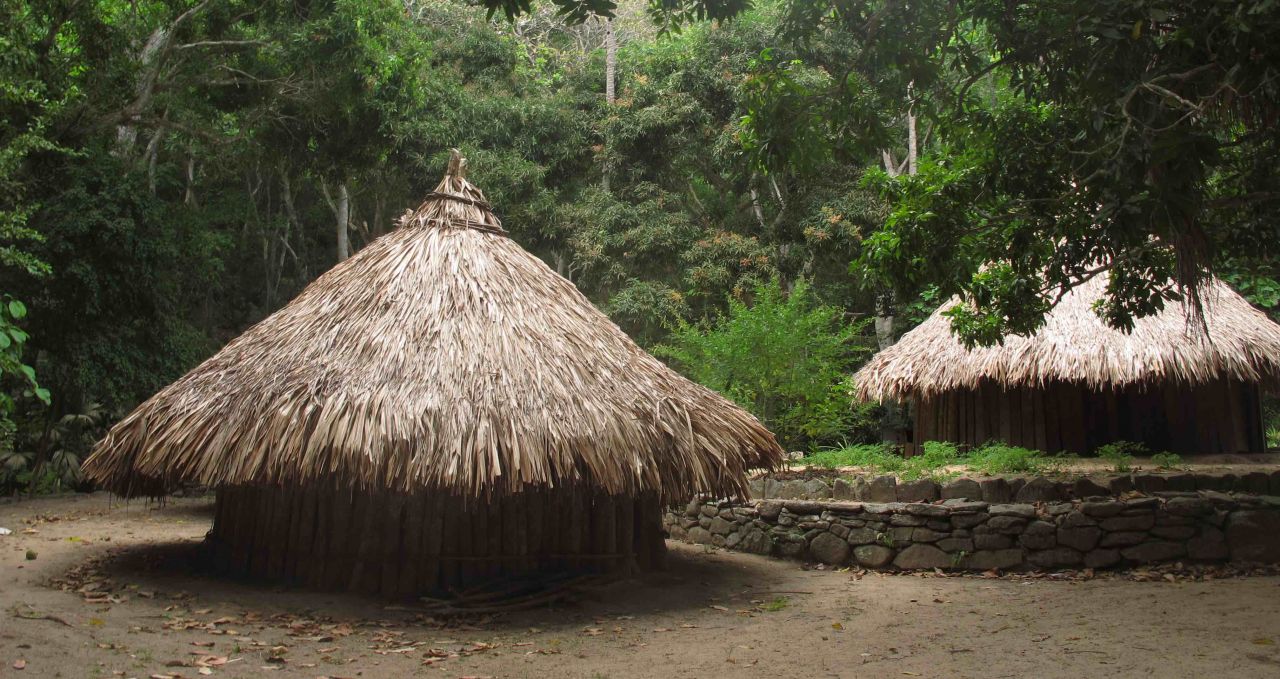
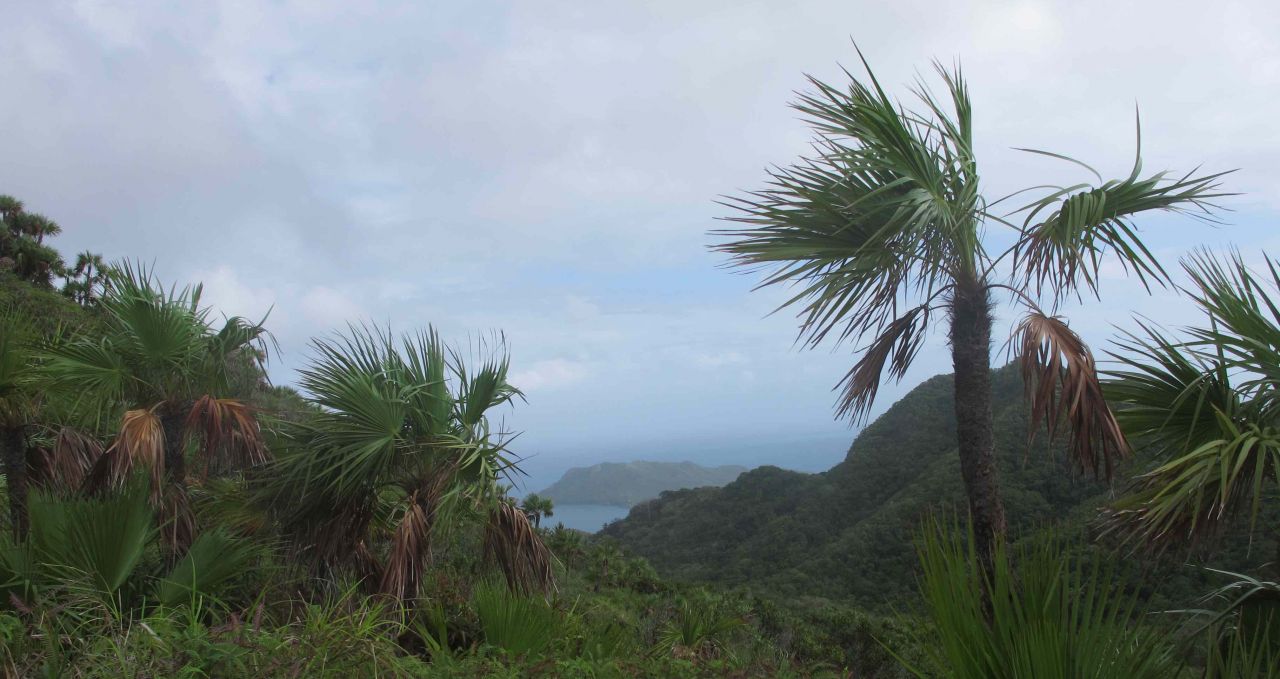
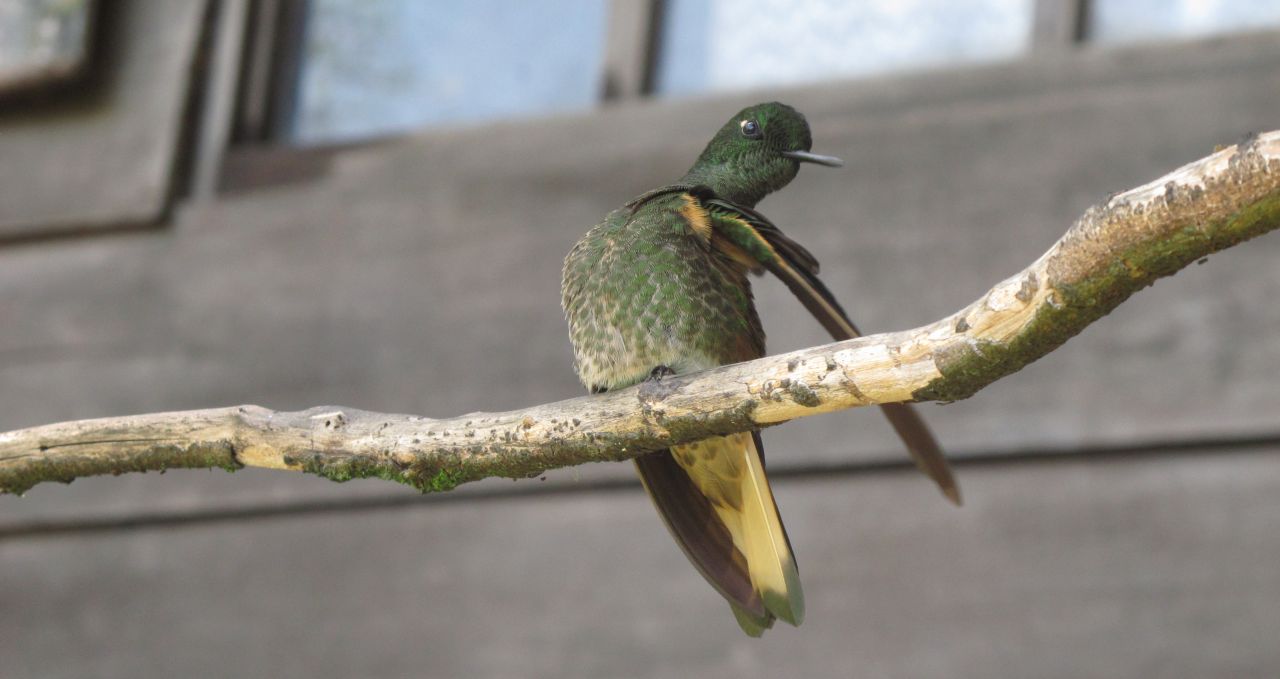
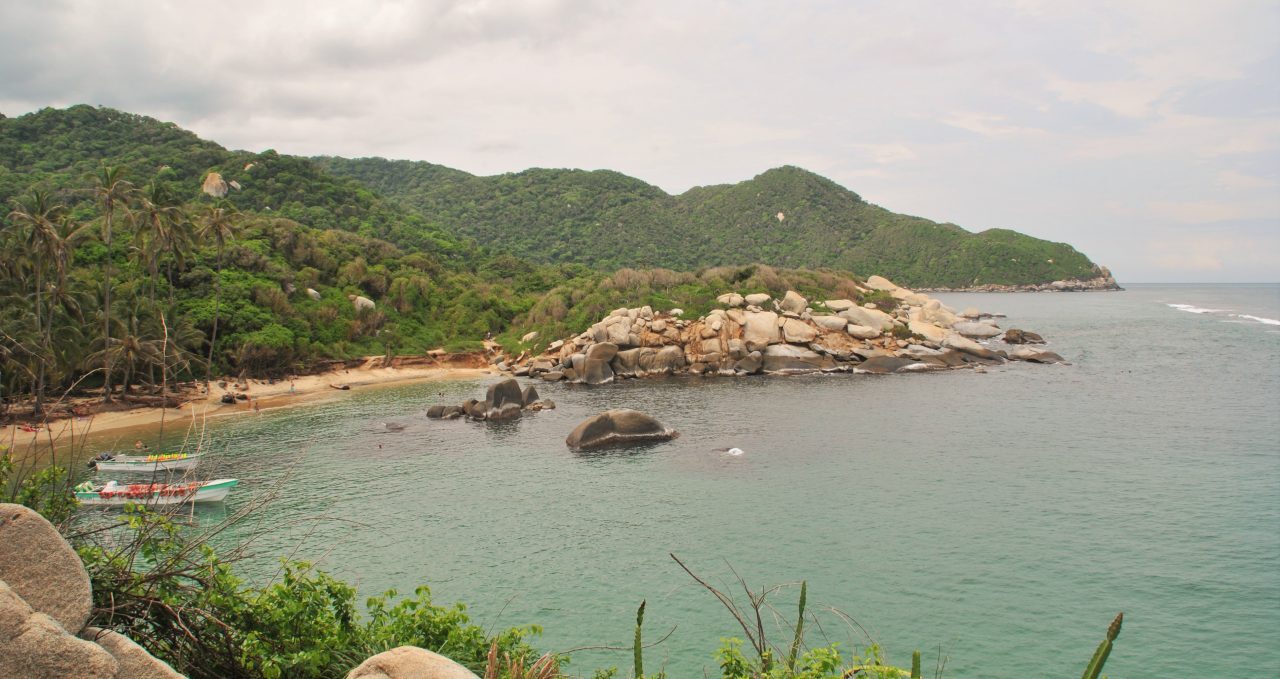
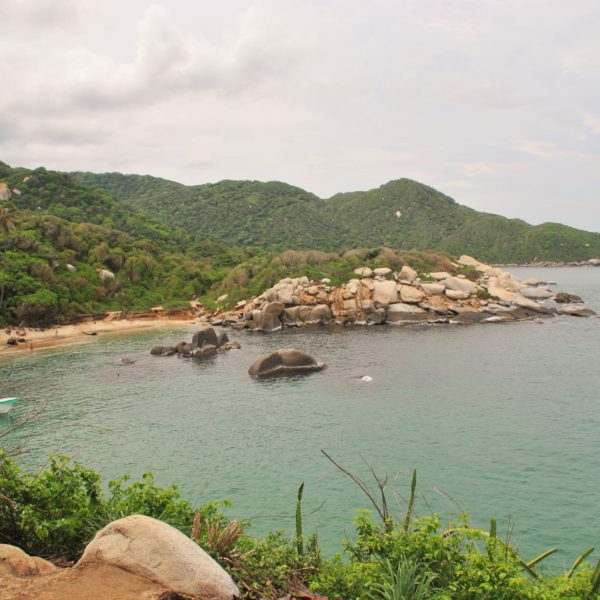
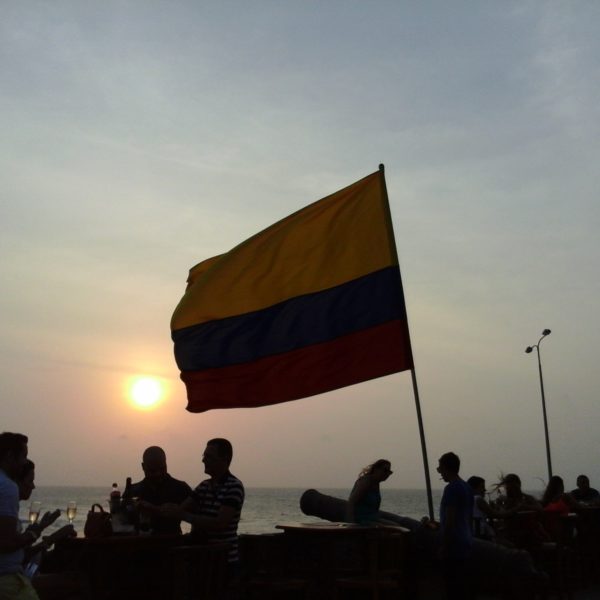
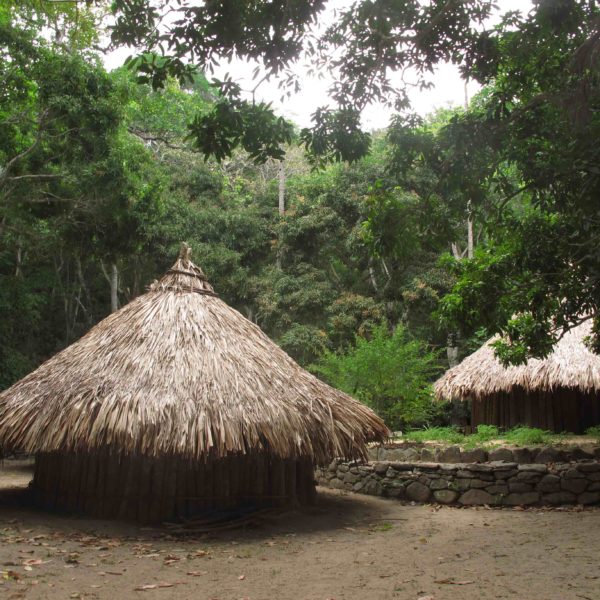
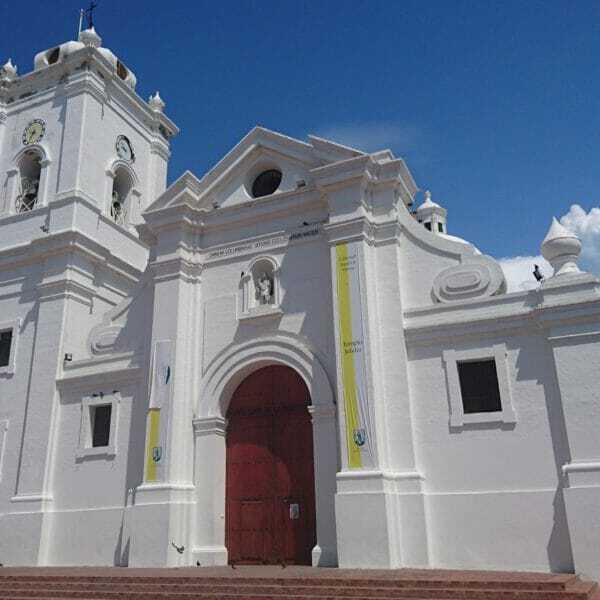
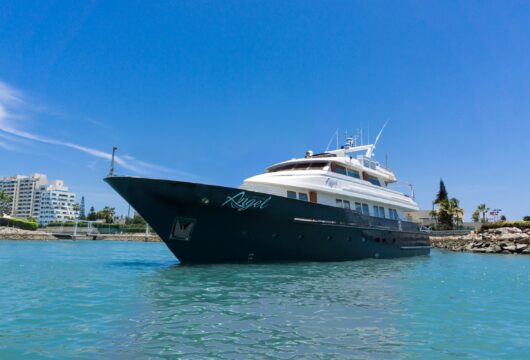
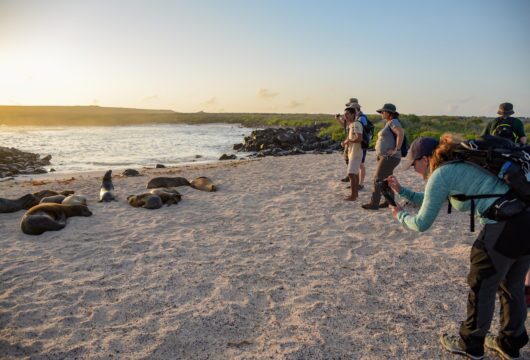
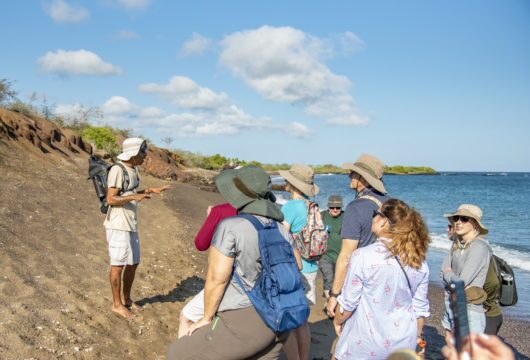
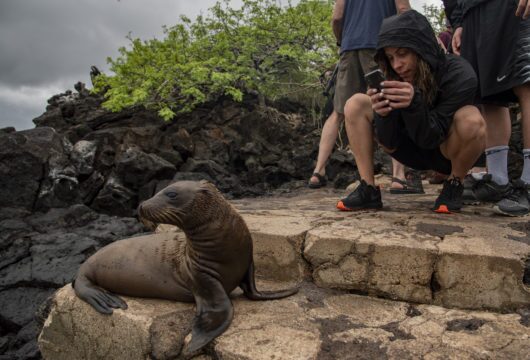
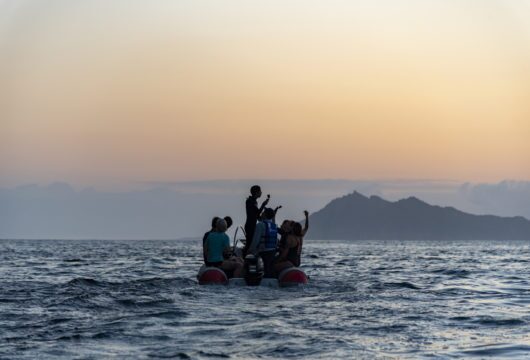
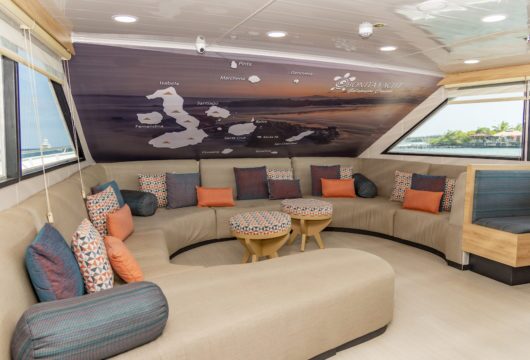
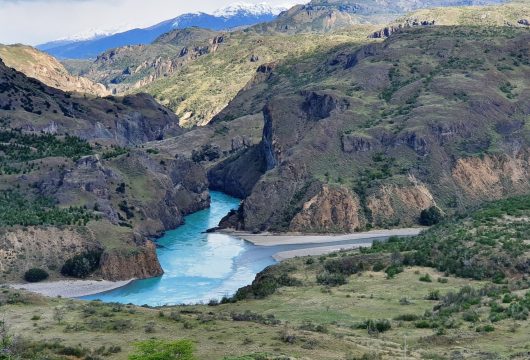
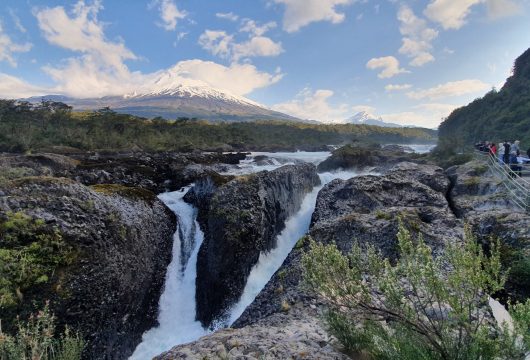
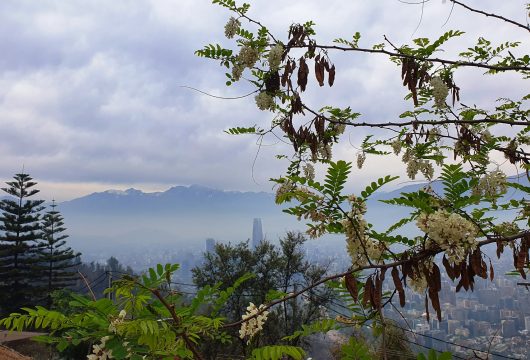
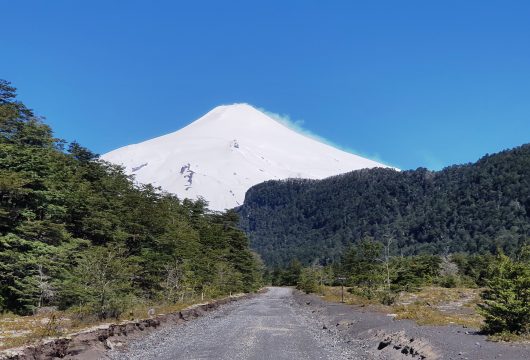
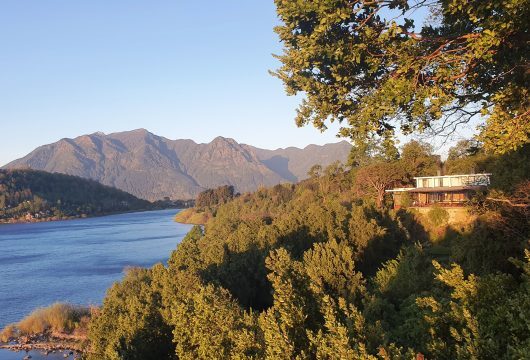
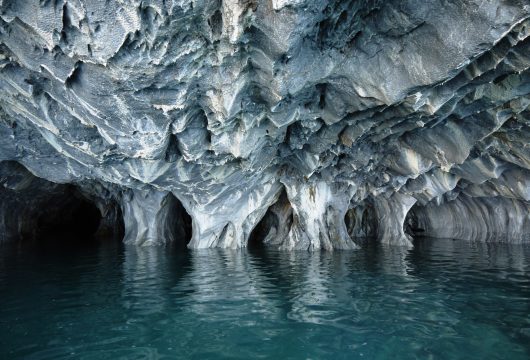
 a Tailor Made Tour
a Tailor Made Tour 

